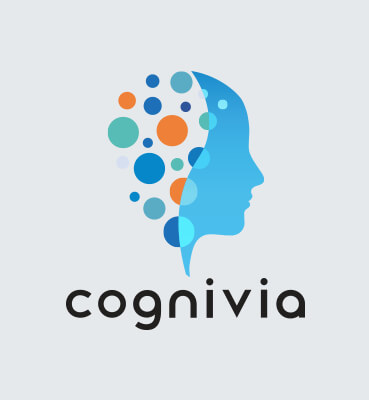There is substantial scientific literature describing the placebo response in pain, including characterizing the magnitude and duration of placebo response in randomized clinical trials, examining correlations between specific patient demographics, and understanding the contributions of psychological traits to the placebo response. A recent excellent paper titled “Brain and Psychological Determinant of Placebo Pill Response in Chronic Pain Patients”1 by Etienne Vachon-Presseau and colleagues published recently in Nature, however, provided further evidence that
The experimental design of this study aimed to identify both neurobiological and psychological factors that (1) predict which patients are responsive to placebo treatments; and (2) are dynamically modified in response to placebo treatment. A total of 82 patients with chronic low back pain completed several psychological questionnaires and fMRI imaging
These landmark results further substantiate the approach taken by the Tools4Patient (T4P) team, who similarly set out about 4 years ago to develop a tool – named Placebell©™ – to identify placebo responsiveness in clinical trial participants. T4P scientists took a slightly different approach by limiting placebo prediction to non-pharmacodynamic measurements (i.e. not including imaging), for ease of use in randomized clinical trials. Interestingly, the Placebell©™ algorithm can explain a similar variance due to the placebo effect in peripheral neuropathic pain by incorporating results from its validated personality questionnaire with usual patient demographics and specifically-identified disease characteristics. Placebell©™ is currently available to the biotechnology, pharmaceutical, generic drug and device companies for incorporation into clinical trials.
1 Vachon-Presseau, et al. “Brain and psychological determinants of placebo pill response in chronic pain patients.” Nature Communications 9: 3397, 2018





